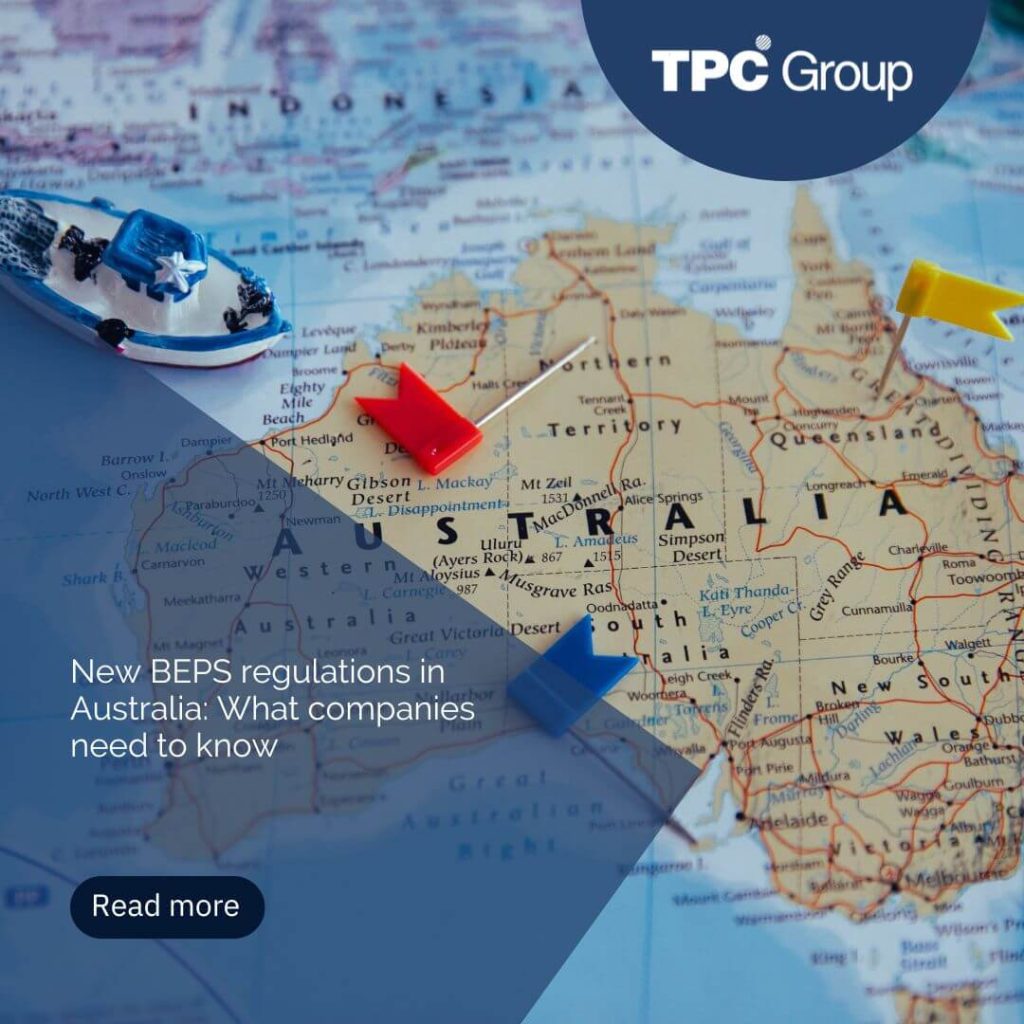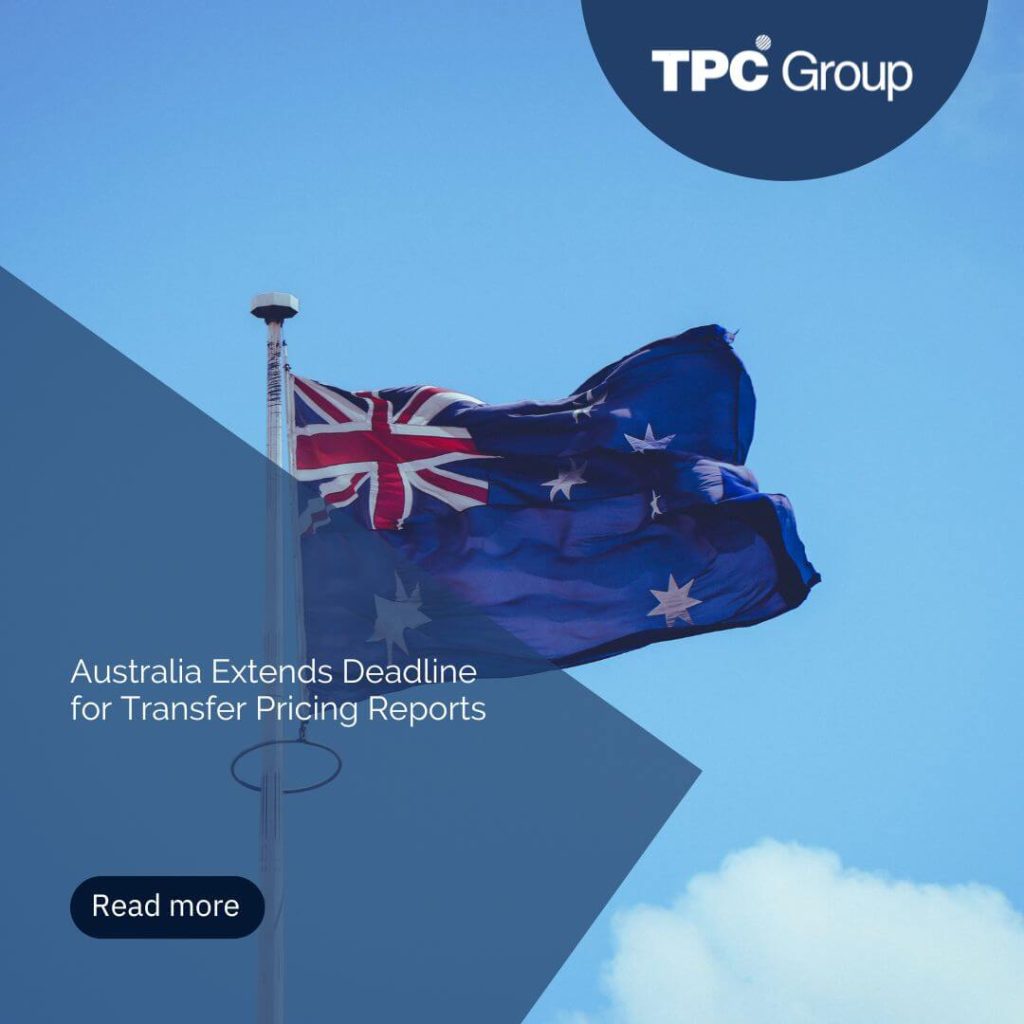Category: Australia

November 27, 2024
Australia Extends Deadline for Transfer Pricing Reports

August 18, 2022
Landmark transfer pricing settlement in Australia
-
Archives
-
Categories
- News (732)
- Argentina (35)
- Australia (6)
- Bolivia (20)
- Brazil (13)
- Chile (40)
- Colombia (50)
- Costa Rica (14)
- Dominican Republic (18)
- Ecuador (14)
- El Salvador (6)
- Germany (2)
- Guatemala (8)
- Honduras (7)
- India (5)
- Italy (2)
- Mexico (32)
- Netherlands (1)
- Nicaragua (2)
- Panama (21)
- Paraguay (19)
- Peru (45)
- Spain (26)
- United Arab Emirates (1)
- United Kingdom (1)
- United States (15)
- Uruguay (16)
- Venezuela (1)
- Vietnam (1)
- Not index (15)
- Publications (184)
- Audits (3)
- Nias English (2)
- Niif English (25)
- Taxes (44)
- Transfer Pricing (83)
- Uncategorized (1)
- News (732)
-
-
-






